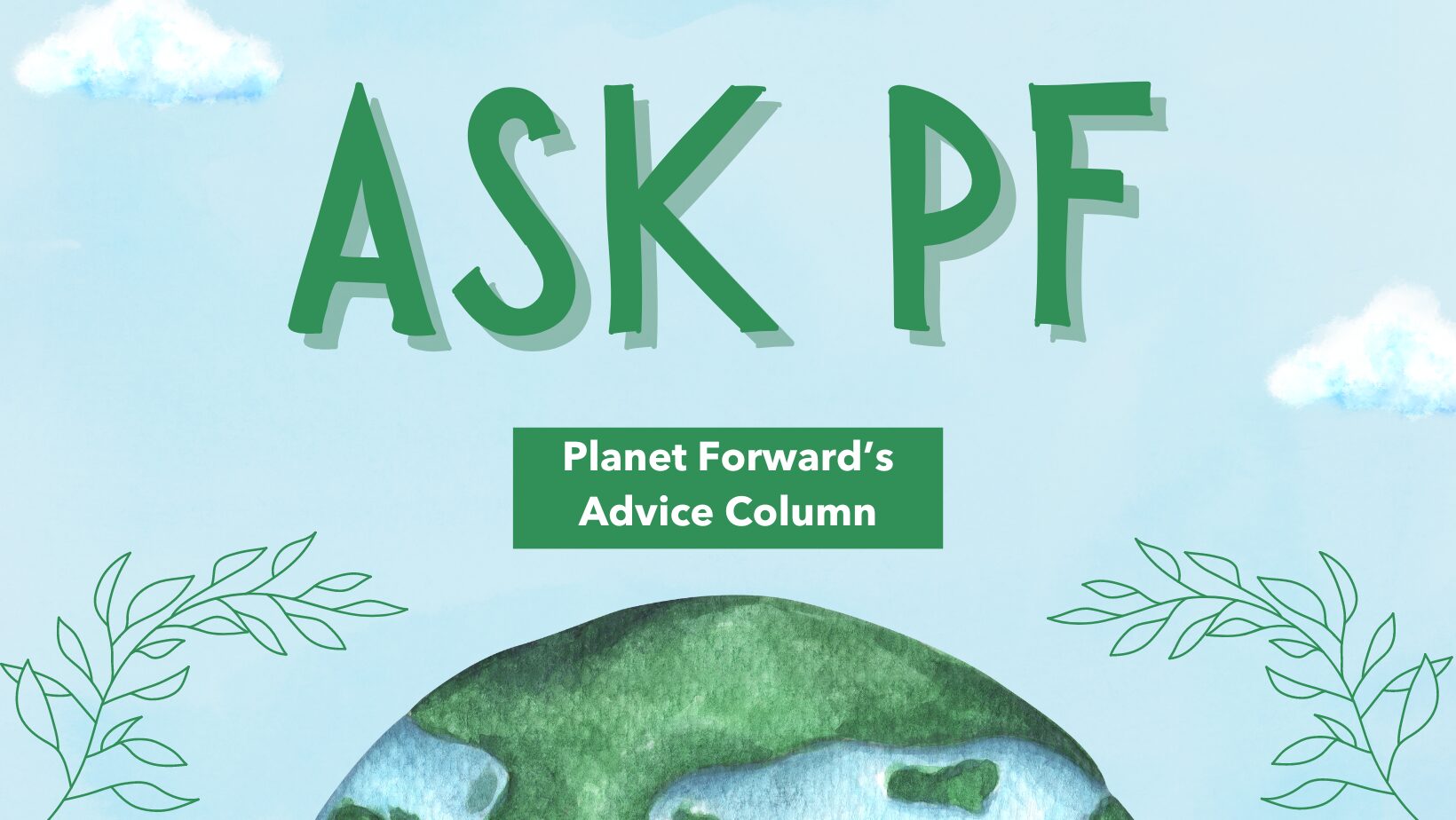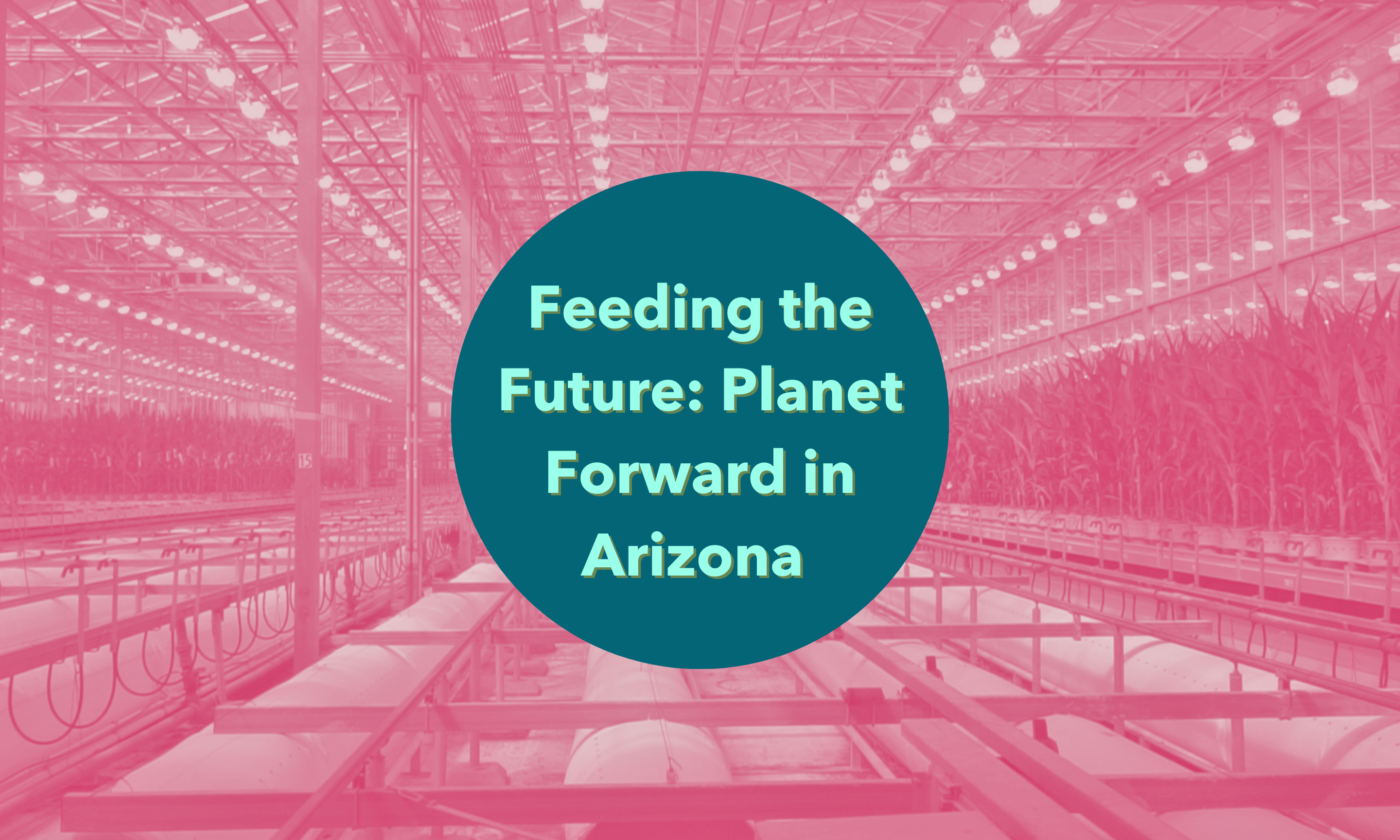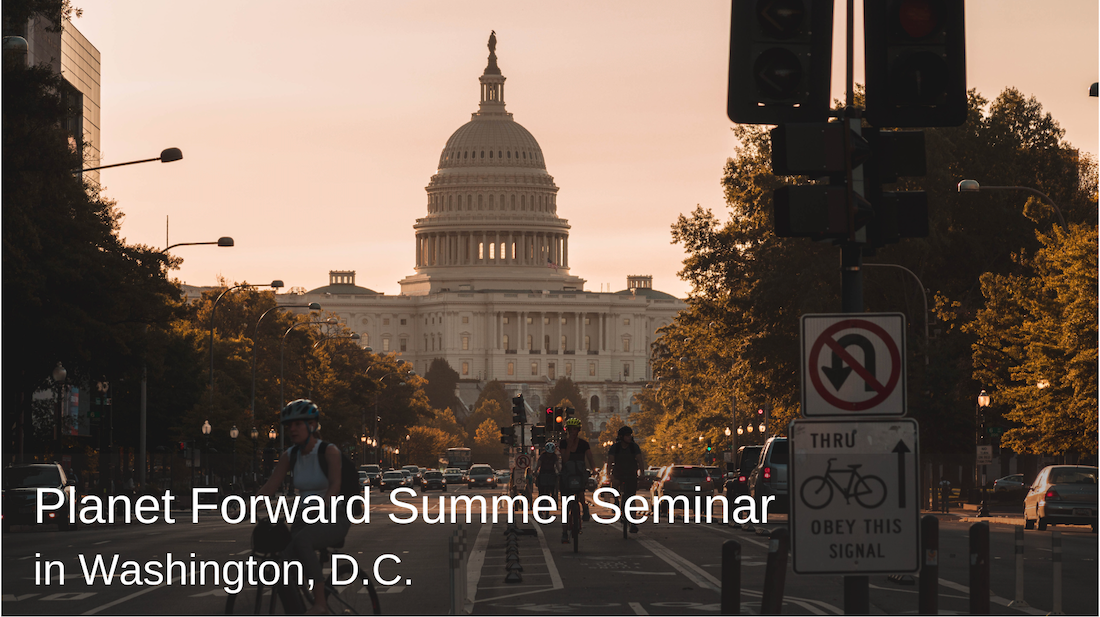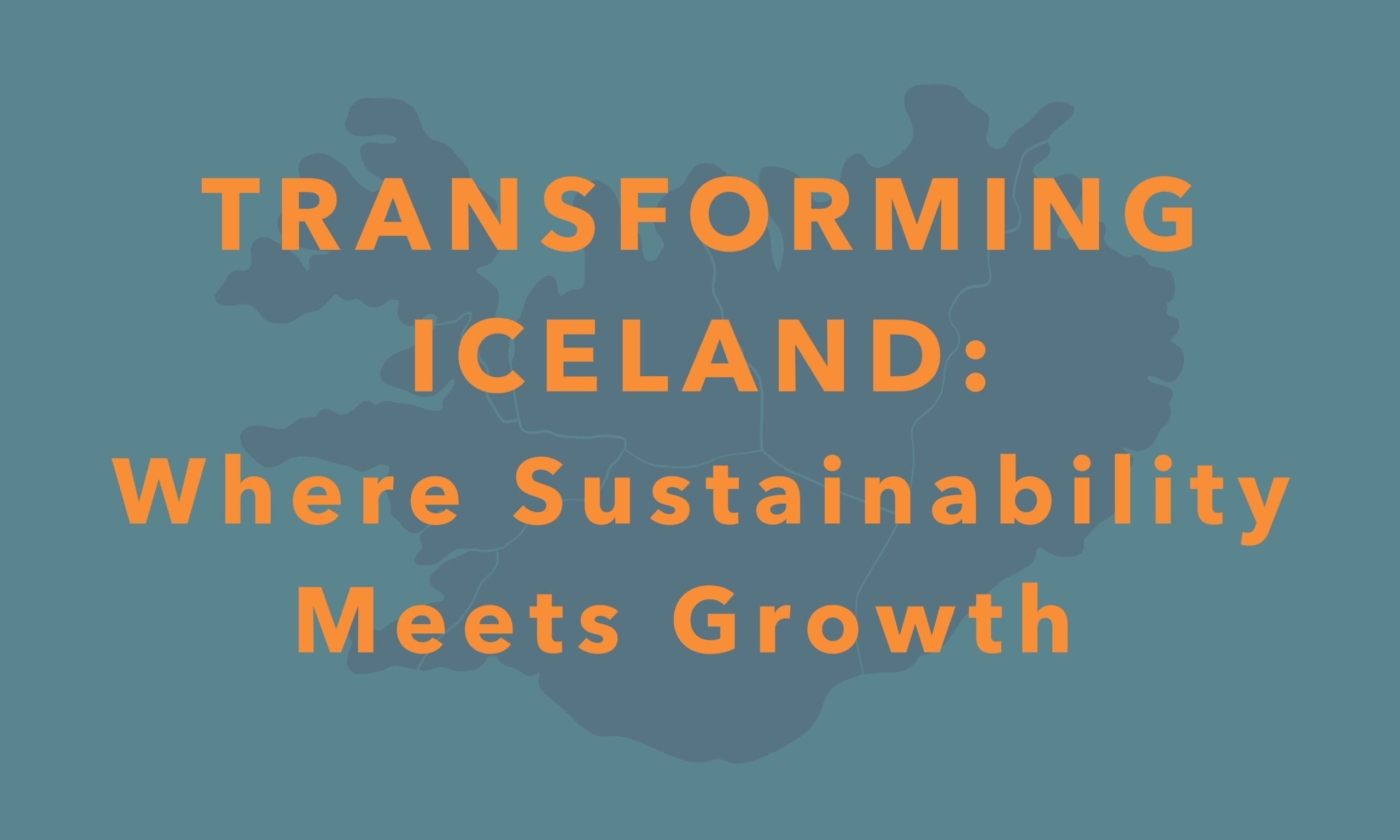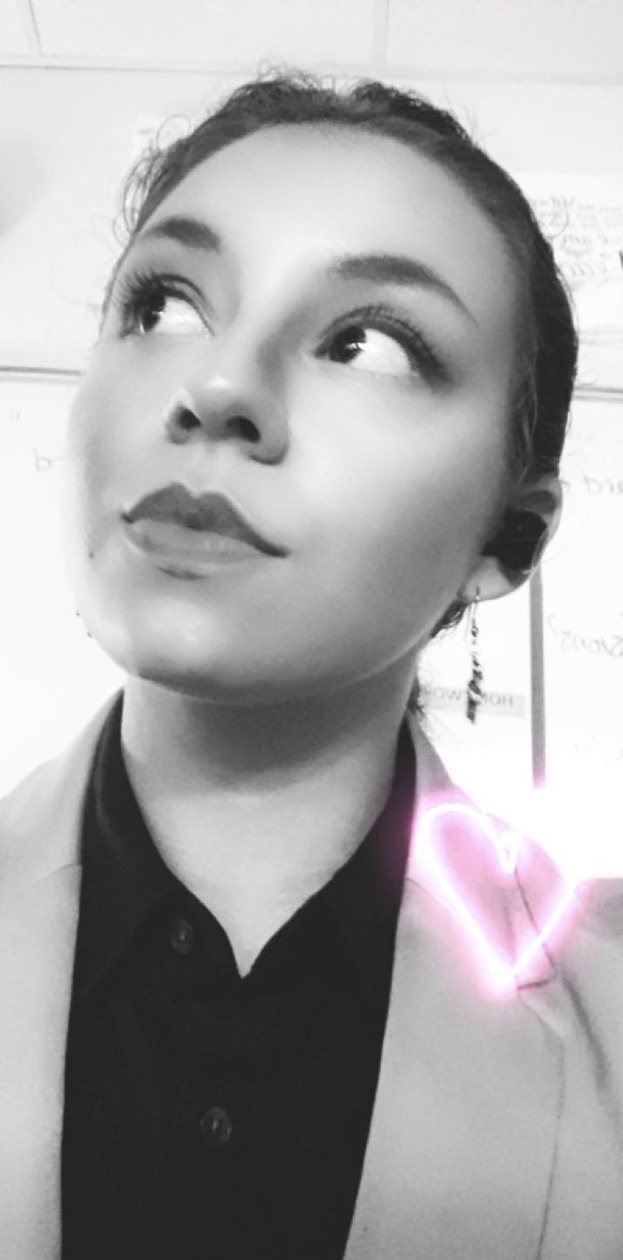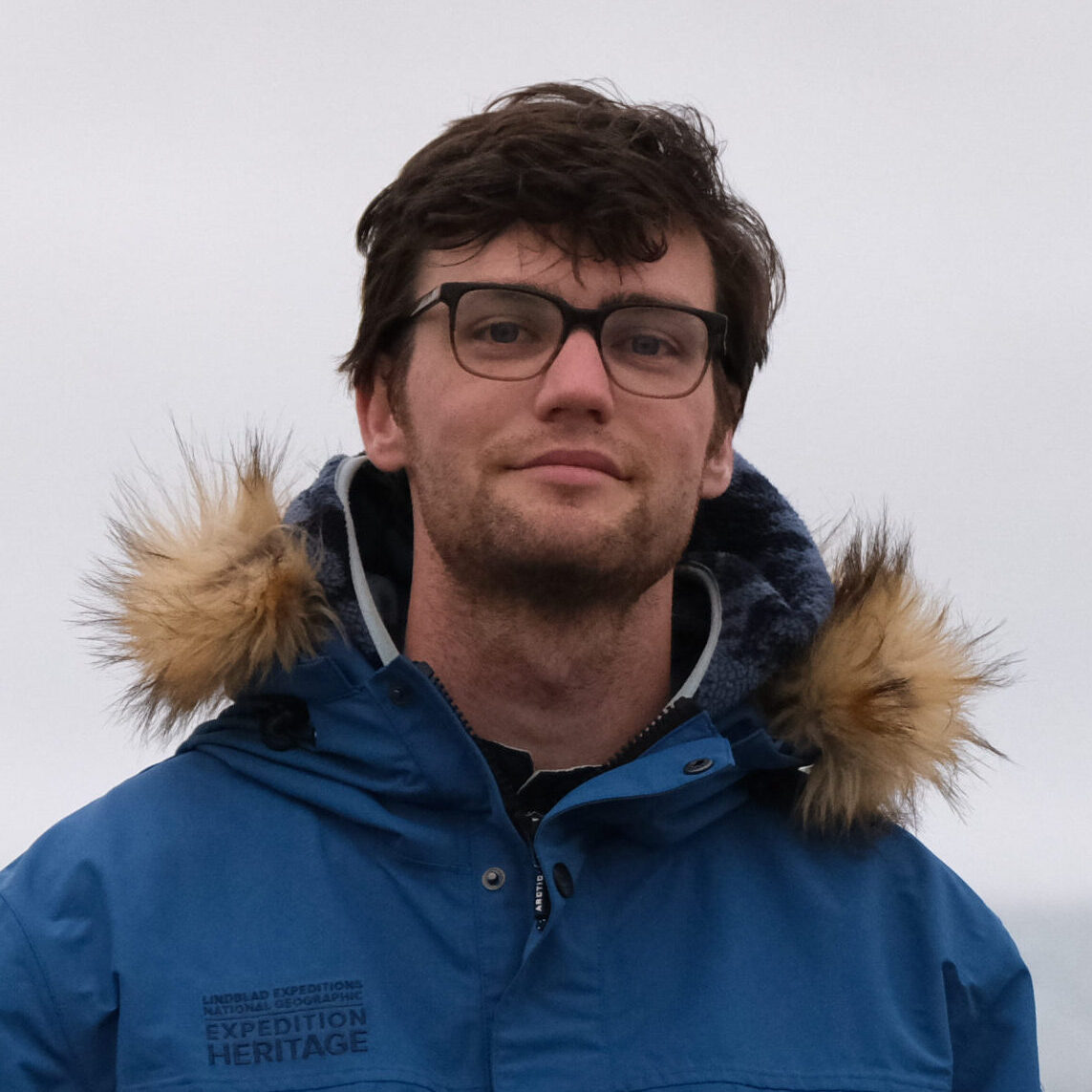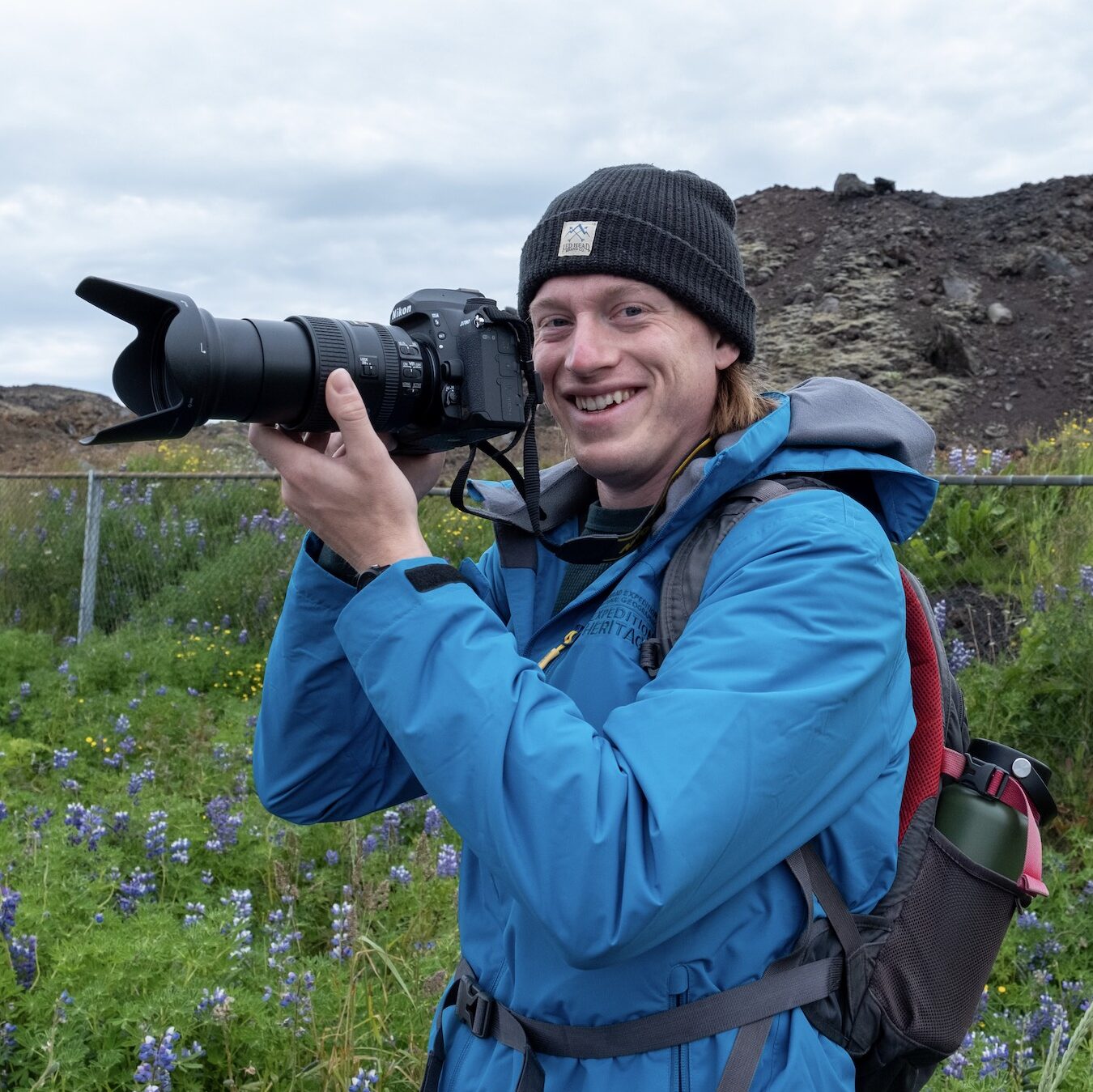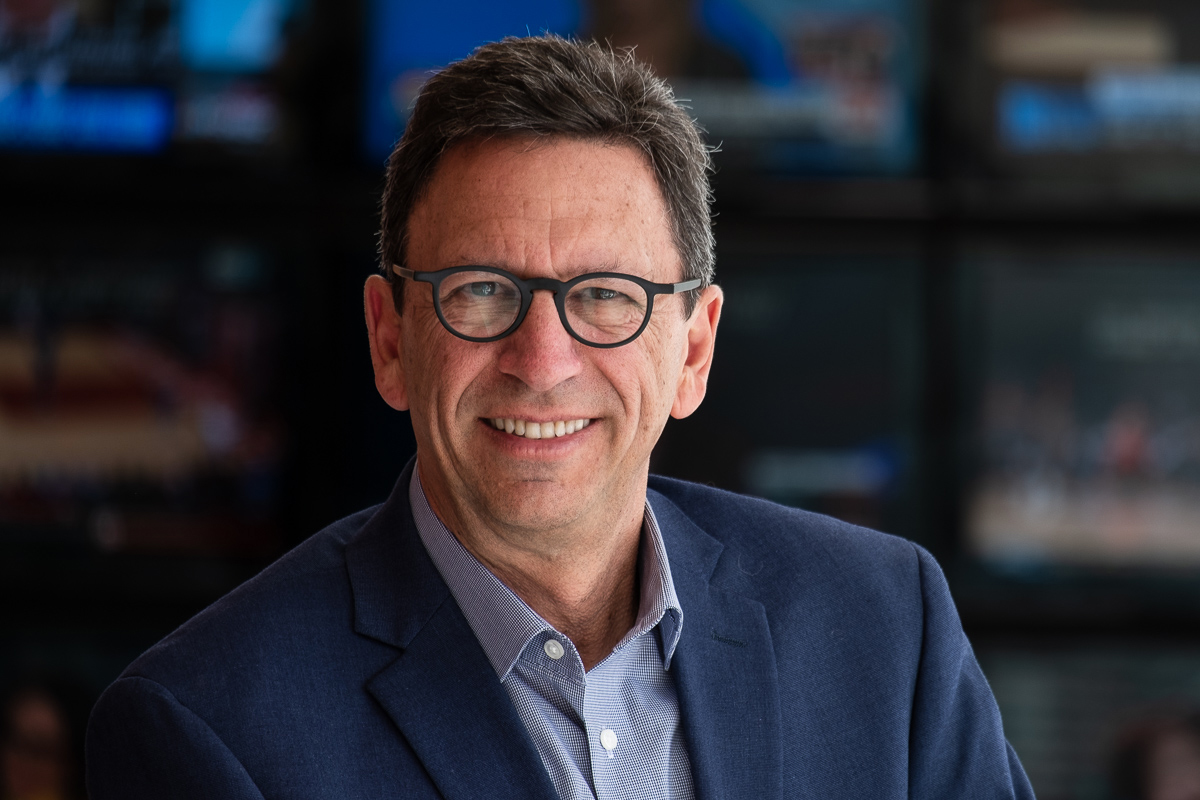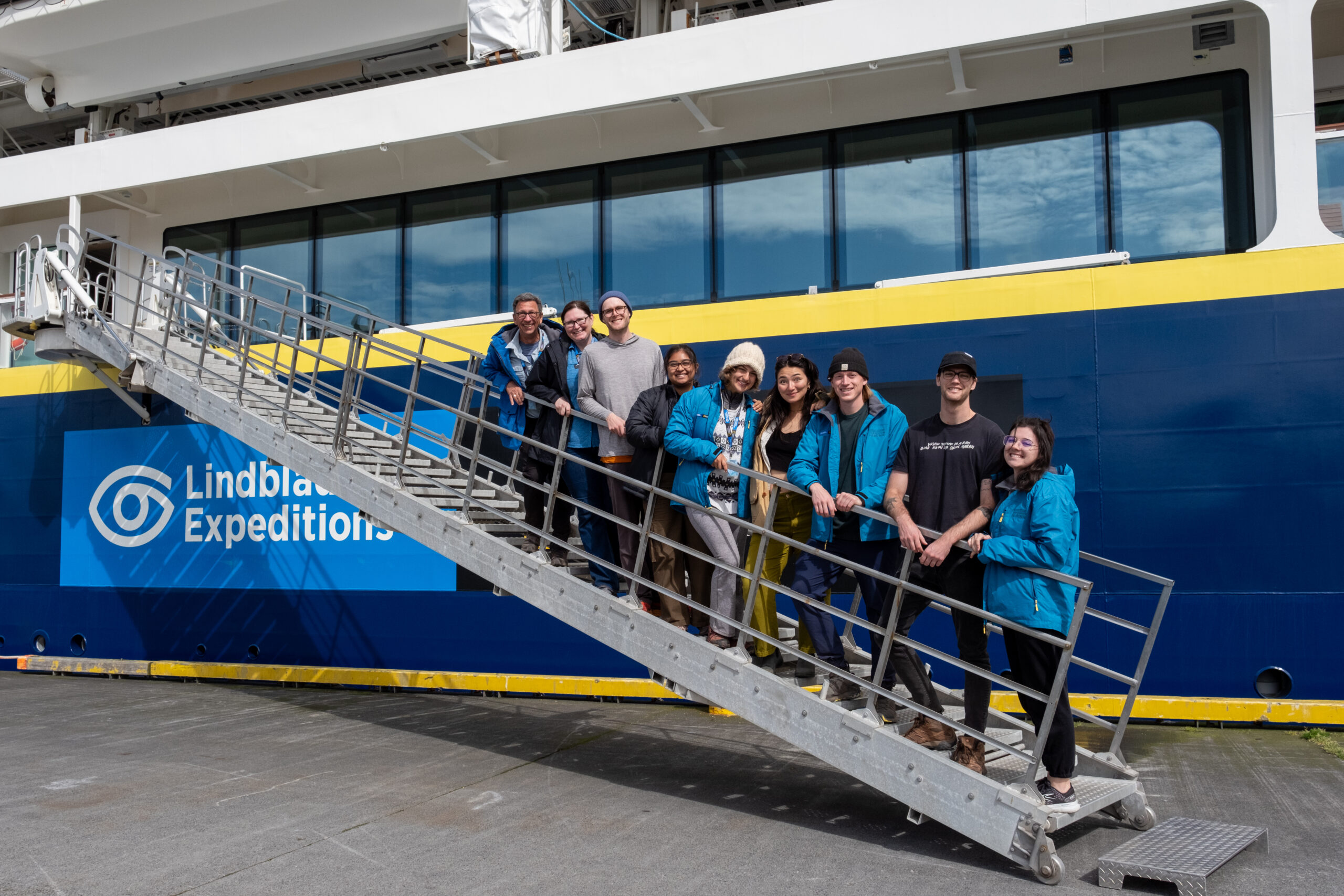Bacteria can detect, quantify, and remove dangerous chemicals from the environment at a cheaper and faster rate than other technologies, making it ideal for superfund sites, and low-income countries.
Inspiring innovation: How bacteria can help remove landmines and pollution
When I was 14 years old, I wanted to become a scientist. I later got an internship at Texas State University in biochemistry where I had free range to master laboratory techniques and pursue research that inspired me; the only trouble was…I had to have inspiration. How would I use this incredible resource? What would I create and learn in this space?
While abundant, inspiration can be fleeting and ungraspable. I lived in South Texas, a region diverse in culture and ideology, but eternally linked to mistakes of the past; thus persists a narrative that leads some circles to resent science, even fear it. Particularly within the Latinx community in the region, against whom science and twisted methodologies have been weaponized.
Making an impact
It is hard to be inspired to change the world for the better when the tools you are given are enshrouded with fear. But as a Latina of that community, it fell upon my shoulders to erode that trauma that still resides deep in our daily lives, so my inspiration emerged as two objectives: 1) create pathways for students to become familiar with conducting research and normalized to the advantages and limitations of science, and 2) to create something impactful.
In 2018, I developed a strain of bacteria capable of detecting the explosive TNT, and when it decomposes, DNT. In 2019, I founded Herodotus Research and Development for my 17th birthday. The goal is to implement domestically in the United States to make a fool-proof highly resilient and uncompromisable product that can be shipped around the world to regions afflicted by war-related hazards. Why? Because of the number 17,000; that’s about how many people around the world are killed or injured by landmines and “remnants of war” each year.
Also, because of the number 15 million; that’s how many acres of land in the United States are polluted by those “remnants of war” or munitions-related chemicals. I encountered these statistics as a descendant of veterans. These statistics are haunting, and they present a profound conclusion that innovation cannot right the wrongs of history, but innovation can right the future.
An innovation for the earth and for community
I founded a program in which high school students accompanied me to the university to conduct their research on topics applicable to their interests. This grew into a class in which middle schoolers shadowed the high schoolers and conducted research. My community was eager to learn, but nobody tried to learn with them, and science became inaccessible. There was hope for technology changing lives for the better, and there was a desire to lead those discoveries. I went from presenting alone at the state science fair to accompanying a team of proud Latinx students to their blue ribbons.
The innovation in this video is not just a way of detecting and removing dangerous chemicals in the environment. This video was recorded in the AV closet of my high school with my business partner and a few friends who all believed they were contributing to something impactful. My community felt the value of increasing accessibility to science education. This is a true innovation, empowering others to innovate, and it can be applied everywhere on the globe.



